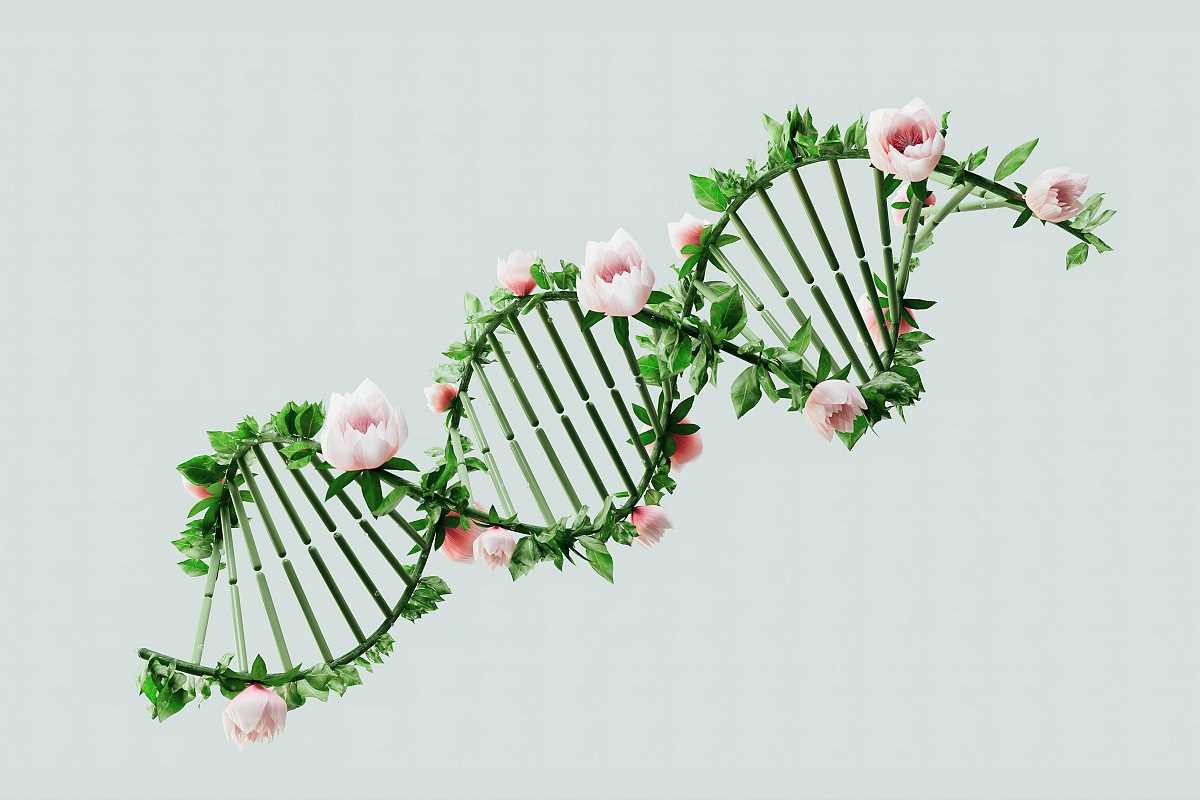High cholesterol can be a concern for many individuals, but there are effective strategies that can help lower it naturally without the need for medication. Making simple lifestyle changes can have a positive impact on cholesterol levels and overall heart health. Here are some strategies to consider:
Diet
Diet plays a crucial role in managing cholesterol levels. Incorporating more fiber-rich foods such as fruits, vegetables, whole grains, and legumes can help lower cholesterol. Oats, barley, and nuts are particularly beneficial due to their high soluble fiber content, which helps reduce LDL cholesterol, also known as the "bad" cholesterol.
Exercise
Exercise is another important component of naturally lowering cholesterol levels. Regular physical activity can raise HDL cholesterol, the "good" cholesterol, while also helping to lower LDL cholesterol. Aim for at least 150 minutes of moderate-intensity exercise per week, such as brisk walking, cycling, or swimming.
Maintain Healthy Weight
In addition to diet and exercise, maintaining a healthy weight is key to managing cholesterol. Excess weight, especially around the waist, can increase LDL cholesterol levels and pose a risk for heart disease. By achieving and maintaining a healthy weight through a balanced diet and regular exercise, individuals can improve their cholesterol profile.
Heart-Healthy Fats
Certain foods have been shown to have a positive impact on cholesterol levels. Incorporating heart-healthy fats, such as those found in avocados, olive oil, and fatty fish like salmon, can help raise HDL cholesterol and lower LDL cholesterol. Including these foods in your diet in moderation can contribute to a healthier cholesterol profile.
Reduce Saturated Fats
Reducing saturated and trans fats in the diet can also help lower cholesterol levels naturally. Foods high in these fats, such as red meat, full-fat dairy products, and commercially baked goods, can raise LDL cholesterol. Opt for lean protein sources, low-fat dairy, and foods prepared with healthier oils to support healthy cholesterol levels.
No Smoking
Finally, quitting smoking and limiting alcohol intake are important steps in managing cholesterol levels. Smoking can lower HDL cholesterol and damage blood vessels, while excessive alcohol consumption can raise triglyceride levels and contribute to high cholesterol. Making lifestyle changes to quit smoking and moderate alcohol consumption can have a positive impact on cholesterol levels and overall heart health.
In conclusion, lowering high cholesterol naturally requires a holistic approach that includes dietary modifications, regular exercise, weight management, and healthy lifestyle choices. By incorporating these strategies into your daily routine, you can effectively lower cholesterol levels and reduce the risk of heart disease.
 (Image via
(Image via





